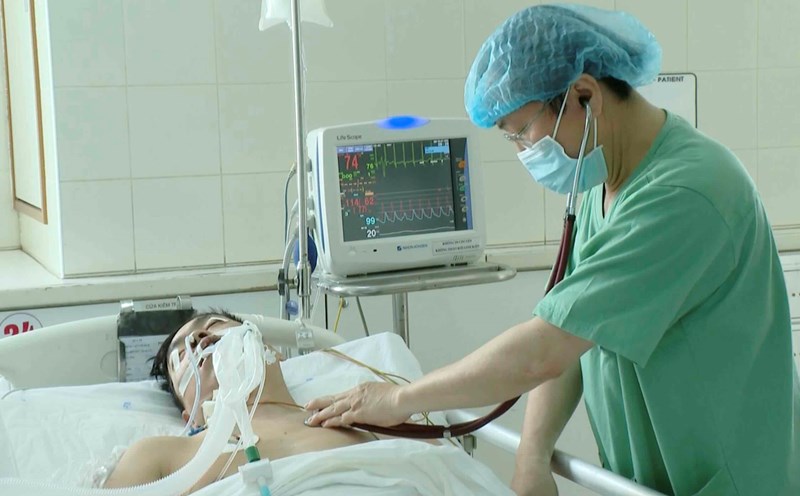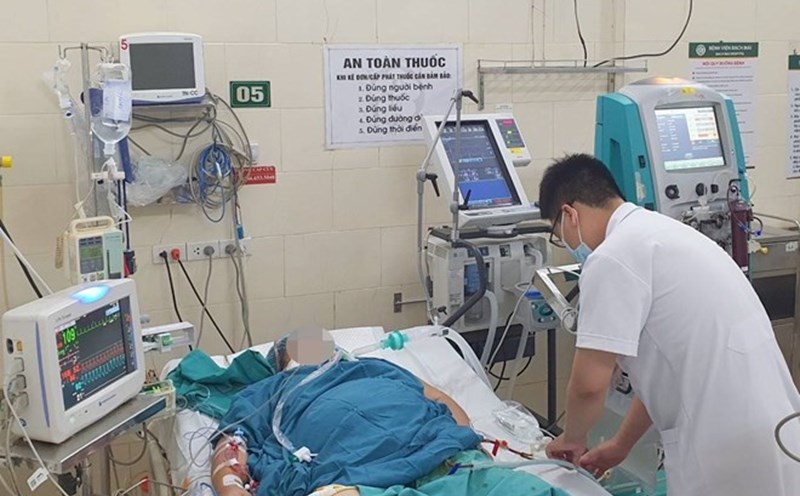According to the Hanoi Center for Disease Control, the city recorded the 6th case of streptococcus Cervical cord this year.
The male patient (38 years old, residing in Phu Nghia, Hanoi) is a fat processing worker, working every day at a fat processing factory near his home, having a broken arm during work, and a few days later suffering from streptococcus liver disease.
The patient showed signs of a high fever, headache and nausea on July 16.
After that, this man was taken to Ha Dong General Hospital for emergency treatment, and was diagnosed with Streptococcus suis bacteria - streptococcus suis disease through a bone marrow epidemic test. Currently, the patient's health has stabilized thanks to intensive treatment.
According to Dr. Le Son Viet, Emergency Department, Central Hospital for Tropical Diseases (Hanoi), streptococcus Cervical cord is a type of bacteria that can cause severe infection, usually starting within 24-72 hours of entering the body. After a day from the time of the first symptoms such as fever, abdominal pain, diarrhea appear, the disease can progress very quickly to septic shock, necrosis and multiple organ failure.
Consuming raw or undercooked pork, especially eating pork offal and small intestine is considered a popular and dangerous path leading to streptococcal infection.
Although there have been many recommendations on the prevention of streptococcal disease in humans, end-of-line hospitals across the country still regularly record some cases of infection.
To prevent streptococcal diseases, people should eat meat of clear origin that has been quarantined. Absolutely do not eat pork soup or undercooked pork products.
Sick and dead pigs must be buried, disinfected and destroyed. The livestock environment had to spray disinfectants and disinfectants, leaving the cage empty for 2 weeks to re-feed the pigs.
When there are any unusual symptoms such as fever, headache, nausea, diarrhea, people need to go to a medical facility immediately for timely examination and treatment.











